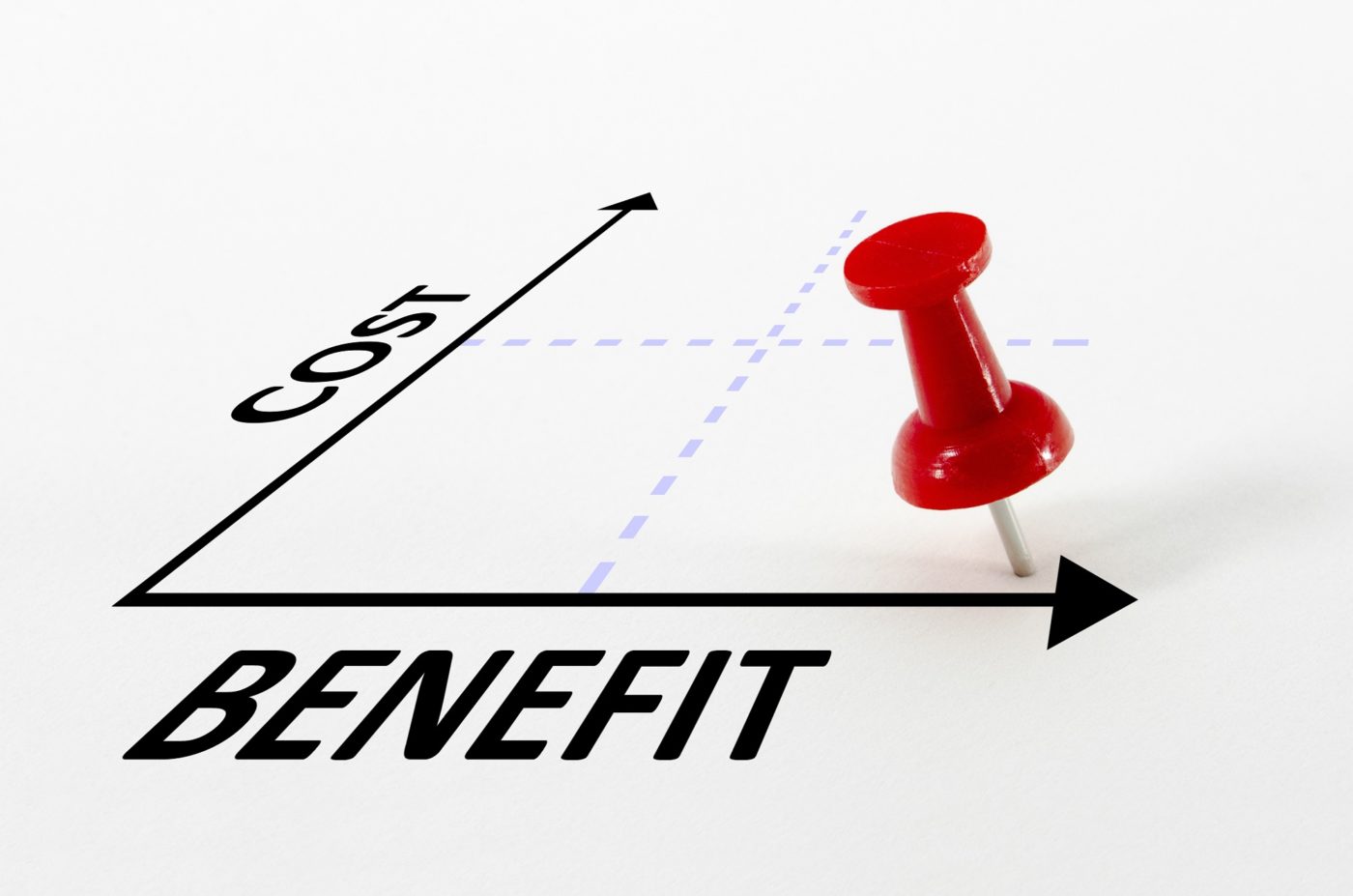Nobody really likes paying fees for investment advice, but most of us accept that fees are a necessary part of successful investing. Generally, fees paid to a good financial adviser are worth their weight in gold.
What many investors don’t realise, however, is that just a SMALL difference in fees can make a very LARGE difference to your investment returns. For example, saving just 1% in annual fees can mean you will be many thousands of pounds better off at the end of your investment horizon.
You might ask how all this can be possible? It is possible, however, thanks to the principle of compounding. Not only is money saved on the fees each year but that saved money goes on to earn an investment return itself year after year after year. (Here’s an article which illustrates how compounding can maximise your investment returns.)
To show you how lower fees can mean much better returns here’s a simple example:
Two investors, Investor A and Investor B, each start with a £100,000 investment pot which they plan to invest over 25 years.
(We’ll make a few assumptions for the sake of our example, ie. that investment returns are 6% annually and that these together with their adviser’s fees stay constant throughout the entire period. We’ll assume that there are no other fees or charges and we’ll also ignore the impact of tax.)
Investor A places their investment with a manager who charges a 2.5% annual fee.
After 10 years their £100,000 is worth £141,060 and after 25 years it is worth £236,326.
But Investor B places their investment with a manager who charges a 1.5% annual fee. After 10 years their £100,000 is worth £155,298 but after 25 years their £100,000 is worth £300,548.
As you can see, the investor who has made what appears to be a very small saving in fees is very much better off at the end of their investment timescale. While Investor A has more than doubled their investment Investor B has actually trebled it. They are an extra £64,222 better off simply by paying 1% less in fees!
So what’s the solution ?
Now, you might assume that paying more in investment fees will guarantee you better quality advice that will generate you a higher return. But, just as paying lower investment fees doesn’t guarantee you a lower return, this is not necessarily the case.
And here’s another interesting point to bear in mind: While investors can’t control the fortunes of the investment market nor control what actual returns they will make as a result they CAN control what level of fees they will pay. So choosing a financial adviser with a competitive fee structure sets your investments off on a sound footing from day one.
At the end of the day the best solution so far as fees are concerned is to choose a financial adviser who offers high quality advice alongside reasonable fees. Speak to W1 Investment Group about how we can help.
For more information, contact W1 Investment Group here.







